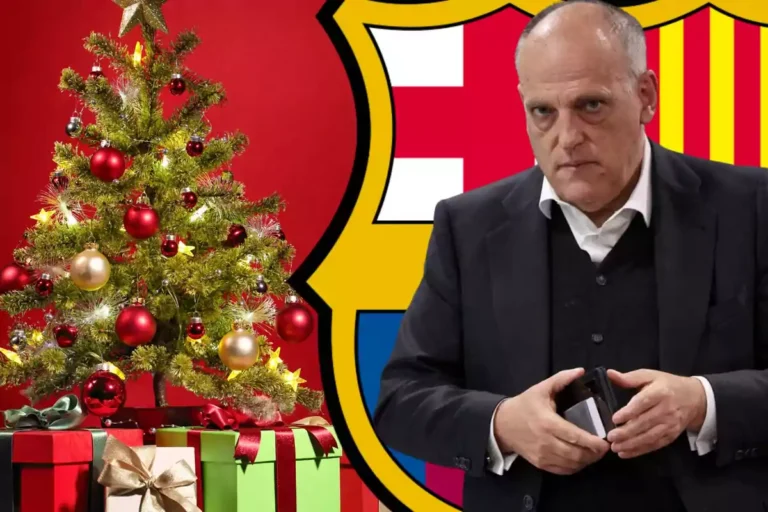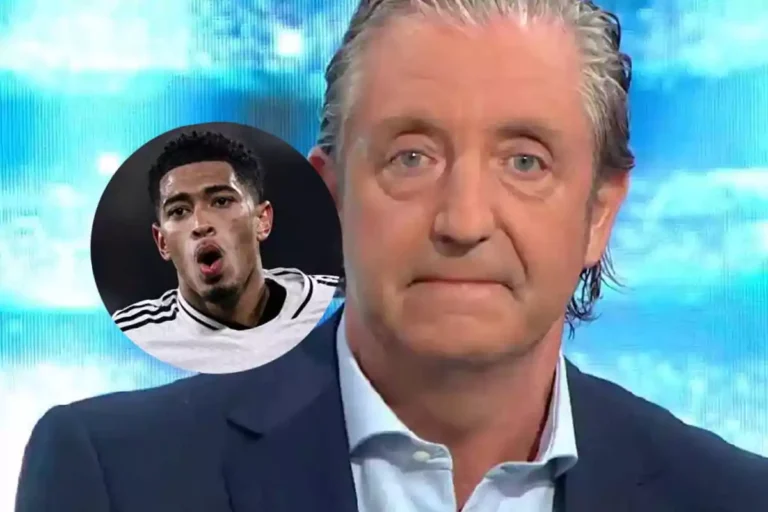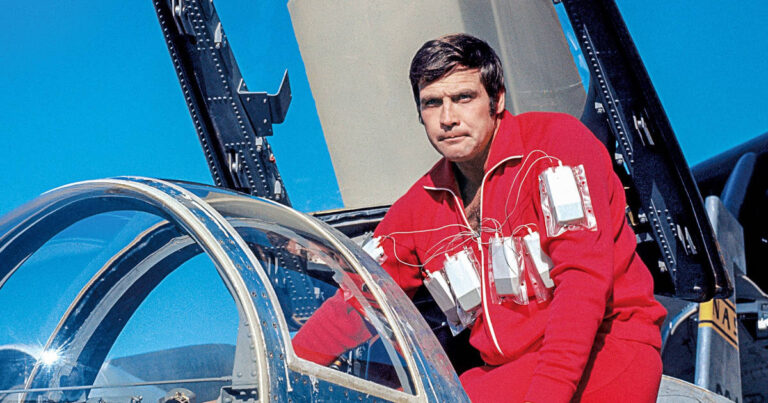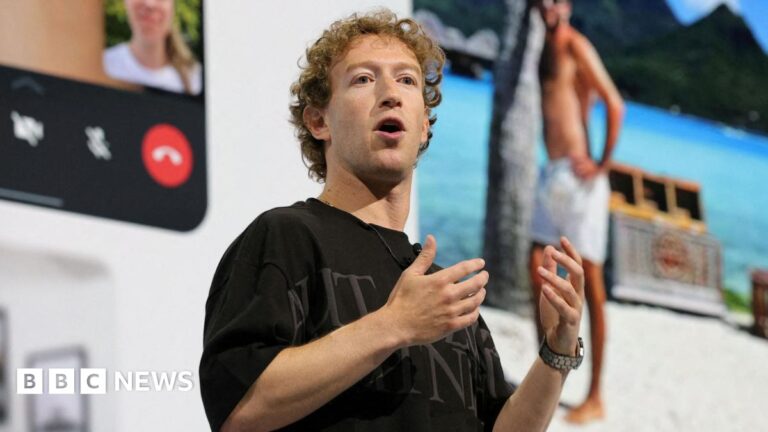
Africa has long produced some of football’s all-time icons, many of whom have taken their talents to European shores.
Thank you for reading this post, don't forget to subscribe!Those from the likes of Cameroon, Nigeria and Egypt have dazzled audiences across the world, writing their name front and centre in the football history books.
Many of Africa’s most joyous footballers have hung up their boots during the 21st century but there remains a healthy number of superstars from the continent who are still pulling up trees at the elite level.
Here are the greatest African footballers ever – ranked, of course.
Lauren was one of many plucked from relative obscurity by Arsene Wenger but the Cameroon international swiftly rewarded his manager’s faith. Arriving in 2000, Lauren was integral to both of Arsenal’s 21st century Premier League victories, including lining up at right-back during the fabled ‘Invincibles’ campaign.
An FA Cup winner with Portsmouth and two-time Africa Cup of Nations champion with Cameroon, Lauren made a surprising early retirement from international football aged just 25.
🇨🇲 Thomas N’Kono was so good during Cameroon’s run to the 1990 #WorldCup quarter-finals that he wowed Diego Maradona and made @gianluigibuffon want to become a goalkeeper 🧤
🥳 Happy 65th birthday to one of Africa’s best-ever players 🌍@FecafootOfficie | @CAF_Online pic.twitter.com/xfLkxzUEkb
— FIFA World Cup (@FIFAWorldCup) July 20, 2021
Africa’s leading players have often resided in the final third of the pitch but Thomas N’Kono was a standout performer in between the sticks. The 63-cap Cameroon international represented his country over two decades and often saved his most eye-catching performances for major tournaments.
Appearing at three separate FIFA World Cups and twice scooping the African Footballer of the Year award, he particularly dazzled at the 1990 World Cup as Cameroon reached the last eight. His performances in Italy were so impressive that the great Gianluigi Buffon was inspired to take up a career as a goalkeeper, even naming his son Louis Thomas after the Cameroonian.
“Watching N’Kono in goal triggered something and motivated me to become a goalkeeper, because I loved to death the way he interpreted the goalkeeping role,” admitted the 2006 World Cup winner.
So good they named him twice, Jay-Jay Okocha made millions of Nigerians fall in love with football. Renowned for his flair, trickery and individual brilliance, the former Paris Saint-Germain and Bolton Wanderers (yes, Bolton) star played with an infectious joy that left audiences beaming.
Okocha may not have been the most consistent footballer or one with a particularly illustrious career, but there was something special about witnessing a master artist unleashing another nutmeg or step-over.
Pierre-Emerick Aubameyang has faded into obscurity slightly in the modern era, now plying his trade in the Saudi Pro League. It’s easy to forget just how devastating the Gabon international was during his peak years at Borussia Dortmund and Arsenal.
He won African Footballer of the Year while playing for the former in 2015 and followed that success up with three successive podium finishes. Had it not been for a certain selection of sensational African talents emerging at the same time, the speedy and prolific striker would have earned considerably more individual awards.
Having failed to live up to the billing at Inter after emerging at Ajax, Wenger took a punt on Nwankwo Kanu at Arsenal. The French manager’s gamble swiftly paid off as the Nigerian blossomed into a formidable and relentless force in north London.
A regular scorer either from the start or the bench, Kanu was consistently impressive as the Gunners won two Premier League titles, even if he was never the star of the show at Highbury.
His impressive winning streak with Arsenal was not replicated on the international stage, however, with Kanu finishing second or third at AFCON on five separate occasions. Ouch.
Heralded as the originator of the goal celebration, Roger Milla saved his best for the international stage. The oldest goalscorer in World Cup history (42y 39d) often produced clutch moments for Cameroon in high-profile affairs, scoring four at the 1990 World Cup alone.
Milla’s longevity was as impressive as his goalscoring returns for his country, with the forward spending much of his club career as a reliable sharpshooter in France.
The two-time African Footballer of the Year – whose triumphs came 14 years apart – left a lasting legacy for his continent.
Nicknamed ‘The Bison’, it’s immediately clear what kind of footballer Michael Essien was at his peak. A tough-tackling, box-to-box midfielder with a powerful stride and turbo-charged right boot, the Ghanaian thrived at Chelsea across a nine-year spell.
The two-time Premier League champion, four-time FA Cup winner and 2011/12 Champions League victor proved a transformative figure in the Blues’ midfield as they blossomed into a world-beating force.
Leicester City hardly wrote headlines when they signed Riyad Mahrez for £450,000 from Le Havre in 2014. While the Algerian impressed in his first 18 months at the King Power Stadium, it was the 2015/16 campaign that saw him forge an even loftier reputation.
An integral member of Leicester’s surprise title-winning squad, the silky winger stunned with his turn of pace and magical left boot. A regular provider for Jamie Vardy and similarly proficient goalscorer himself, his brilliance eventually earned him a move to Manchester City in 2018.
While never a truly guaranteed starter at the Etihad, Mahrez was uber-reliable when called upon. Deployed on the right wing, the fleet-footed forward won the lot during a glittering spell with the Cityzens.
✨The Best of Abedi Ayew Pele: A showcase of superb skills and unforgettable goals from the Maestro! 💫#BlackStars https://t.co/NyMKeFIH4z pic.twitter.com/GXjP9WB396
— 🇬🇭 Black Stars (@GhanaBlackstars) November 5, 2024
Abedi Pele didn’t have to wait for international tournaments to make his mark on European audiences. The Ghanaian joined Marseille in 1987 and swiftly announced himself as one of Africa’s most remarkable talents.
Forming part of an elite Marseille forward trio alongside Chris Waddle and Ballon d’Or winner Jean-Pierre Papin, Pele won the Champions League with the French giants in 1992/93 having fallen short in the final several years prior.
A trailblazer for African football, the attacking midfielder is one of only four players to have won African Footballer of the Year on three or more occasions.
Sadio Mane took the Premier League by storm on his arrival at Southampton in 2014. He netted 21 goals across two league campaigns with the Saints and, as was customary at the time, was subsequently pinched by Liverpool.
The Reds spent big money on the Senegal star as Jurgen Klopp began his revolution at Anfield and Mane proved an invaluable piece of the final puzzle. The indefatigable winger was an expert goalscorer, powerful dribbler and impressive playmaker, forming one of the modern era’s most revered trios alongside Roberto Firmino and Mohamed Salah.
He won the Premier League and Champions League on Merseyside, even finishing second in the Ballon d’Or vote in 2022.
2013/14 Yaya Toure was something else. As Manchester City fought off Liverpool en route to Premier League glory, the Ivory Coast international was the man pulling the strings and deciding matches in the engine room.
20 goals in the Premier League from central midfield is a ludicrous number and the effortless Ivorian proved far too much to handle for midfields up and down the country.
Toure peaked during that season but he was an exceptional footballer long before and after that fabled campaign. No player has won African Footballer of the Year more (4).
The only African to have won the Ballon d’Or – excluding Mozambique-born Eusebio who played for Portugal – George Weah was a sensation in the 1990s. Claiming football’s most prestigious individual prize in 1995 – the first year non-Europeans could claim the accolade – the Liberian superstar was a key member of a swashbuckling Milan side.
Winning two Serie A crowns in Italy having already excelled in France, Weah’s career slightly petered out following largely unspectacular spells in England, but he remains one of Africa’s all-time greats having scooped an array of individual and team prizes.
If you ever needed a player to produce a defining moment in the harshest spotlight, Didier Drogba was the man to call. The Ivory Coast international was a shining light in a sensational Chelsea side during the noughties and early 2010s, leading the line with the perfect blend of power and precision.
Drogba scored nine goals in ten finals while playing for the Blues, including the equaliser and winning penalty as Chelsea won their first ever Champions League crown in 2011/12. Showpiece events were Drogba’s bread and butter.
Four Premier League titles and as many FA Cup trophies reside in the striker’s impressive trophy cabinet, with Drogba earning the unrivalled adoration of Chelsea supporters during the club’s most successful period.
Samuel Eto’o took a slightly strange route to superstardom. Having signed for Real Madrid in 1997, the Cameroonian bounced around several Spanish clubs on loan before catching fire at Mallorca and eventually sealing a permanent switch to the island club.
Four successful years later and Eto’o was now representing one of Spain’s giants once more – but it was Madrid’s Clasico rivals Barcelona instead. The ruthless centre-forward triumphed in Catalonia, winning two Champions League and three La Liga titles.
A move to Inter yielded more success and another Champions League title, with the four-time African Footballer of the Year eventually finishing his career as one of Africa’s most decorated players.
Now we come to the greatest. Mohamed Salah.
While arguments can be made for the likes of Weah, Drogba and Eto’o, none are compelling enough. Salah has the longevity, individual quality and trophy cabinet to match Africa’s other giants.
Having initially failed to impress at Chelsea, Salah rebuilt his reputation in Italy with Fiorentina and Roma, convincing Liverpool to offer the Egyptian king a shot at redemption. He took it with both hands.
Still defying belief with his incredible goalscoring and clutch displays for Liverpool, the consistency and genius he continues to serve up puts him on another level. Long live the king.
READ MORE ON THE BEST 25 PLAYERS FOR EVERY POSITION IN WORLD FOOTBALL
2024-12-11 00:05:00






